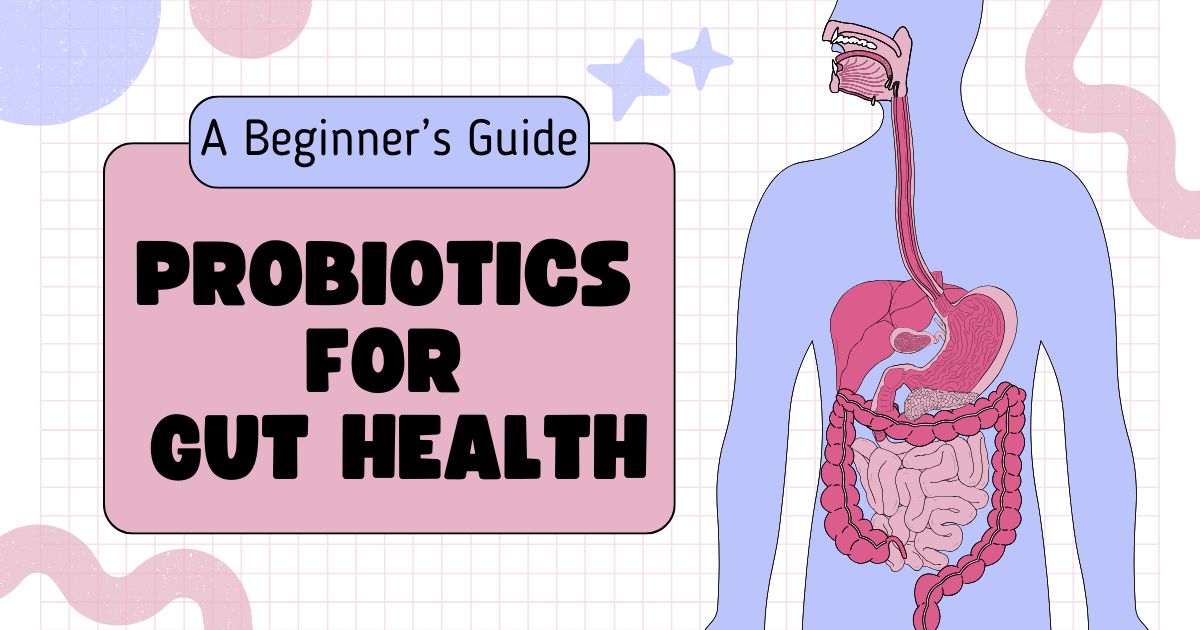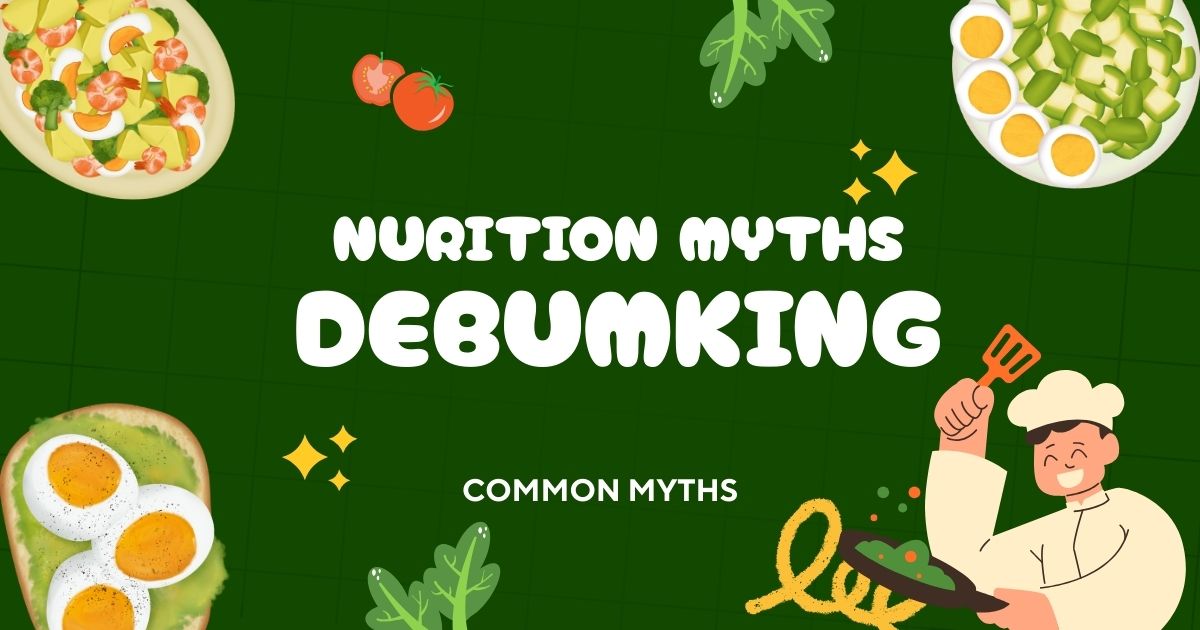Gut health is a cornerstone of overall wellness. A balanced gut microbiome composed of trillions of beneficial bacteria—supports digestion, immunity, mental health, and even skin condition. Probiotics, the “good bacteria” found in certain foods and supplements, are key to maintaining this balance.
This guide provides a beginner-friendly overview of probiotics, their benefits, sources, and tips on how to incorporate them into your daily routine for optimal gut health.
What Are Probiotics?
Probiotics are live microorganisms that confer health benefits when consumed in adequate amounts. They help maintain a balanced gut microbiome, competing with harmful bacteria and promoting healthy digestive function.
Common probiotic strains include:
-
Lactobacillus: Found in yogurt and fermented foods; supports digestion and immune function.
-
Bifidobacterium: Helps regulate bowel movements and reduce inflammation.
-
Saccharomyces boulardii: A beneficial yeast that can help prevent diarrhea and digestive upset.
Why Gut Health Matters
A healthy gut is not just about digestion. It influences:
-
Immune System: 70% of immune cells reside in the gut. Probiotics help fight pathogens and reduce inflammation.
-
Mental Health: The gut-brain axis links gut microbiota to mood and cognitive function.
-
Weight Management: Balanced gut bacteria can influence metabolism and appetite.
-
Skin Health: Conditions like acne and eczema can be linked to gut imbalance.
Disruptions in gut bacteria, known as dysbiosis, can lead to digestive issues, fatigue, weakened immunity, and even mood disorders.
Benefits of Probiotics
Incorporating probiotics into your diet can:
-
Improve Digestive Health: Reduce bloating, constipation, and diarrhea.
-
Enhance Immunity: Boost resistance to infections and support overall immune function.
-
Support Mental Well-Being: May reduce symptoms of anxiety and depression through the gut-brain connection.
-
Aid Nutrient Absorption: Helps your body better absorb vitamins and minerals.
-
Reduce Inflammation: Beneficial bacteria can regulate inflammatory responses in the gut.
Top Food Sources of Probiotics
1. Yogurt
-
Contains live cultures like Lactobacillus.
-
Choose plain, unsweetened yogurt for maximum benefits.
2. Kefir
-
A fermented dairy drink rich in probiotics.
-
Offers a diverse range of bacterial strains.
3. Sauerkraut
-
Fermented cabbage that supports digestion and immunity.
-
High in fiber and vitamins.
4. Kimchi
-
A Korean fermented vegetable dish rich in probiotics and antioxidants.
5. Miso
-
A Japanese fermented soybean paste used in soups.
-
Contains probiotics and essential minerals.
6. Tempeh
-
Fermented soybean product; also high in protein.
7. Kombucha
-
Fermented tea that contains beneficial bacteria and yeast.
Tip: Include a variety of these foods in your diet to maximize probiotic diversity.
Probiotic Supplements
For those who cannot meet probiotic needs through food, supplements are an option.
Guidelines:
-
Choose products with multiple strains of bacteria.
-
Look for a minimum of 1–10 billion CFUs (colony-forming units) per serving.
-
Consult a healthcare professional if you have a compromised immune system or chronic illness.
Tip: Pair probiotics with prebiotics (fibrous foods like bananas, onions, and garlic) to feed and sustain the good bacteria.
Tips for Maintaining Gut Health
-
Eat a Balanced Diet: Include fiber-rich foods, fermented foods, and healthy fats.
-
Stay Hydrated: Water supports digestion and nutrient transport.
-
Limit Processed Foods: Excess sugar and artificial additives can disrupt gut microbiota.
-
Exercise Regularly: Physical activity encourages a diverse and healthy gut microbiome.
-
Manage Stress: Chronic stress can negatively affect gut bacteria and digestion.
-
Get Adequate Sleep: Poor sleep alters gut microbiota and can weaken immunity.
Conclusion
Probiotics are a powerful tool for supporting gut health, improving digestion, enhancing immunity, and even boosting mental well-being. By incorporating probiotic-rich foods like yogurt, kefir, sauerkraut, and kimchi, or using supplements when necessary, you can nurture a balanced gut microbiome. Pairing probiotics with a healthy diet, regular exercise, stress management, and adequate sleep maximizes benefits, helping you achieve lasting gut and overall health.
Also Read : Gut Health 101: Foods That Heal Your Digestive System
FAQs
Q1. Can probiotics help with bloating and gas?
Yes, certain probiotic strains, especially Lactobacillus and Bifidobacterium, can reduce bloating and support digestion.
Q2. How long does it take to see benefits from probiotics?
Some benefits, like improved digestion, may appear within a few days to weeks, while long-term immune and gut health improvements may take months.
Q3. Are probiotics safe for everyone?
Generally, yes. However, people with compromised immune systems or serious illnesses should consult a doctor before taking supplements.
Q4. Can probiotics replace a healthy diet?
No, probiotics work best when combined with a balanced diet rich in fiber, prebiotics, and whole foods.
Q5. How should I store probiotic foods and supplements?
Many probiotic foods and supplements require refrigeration to maintain live cultures. Always check the packaging for storage instructions.



